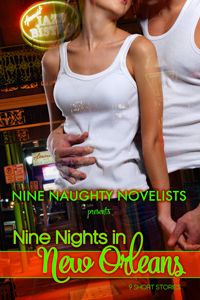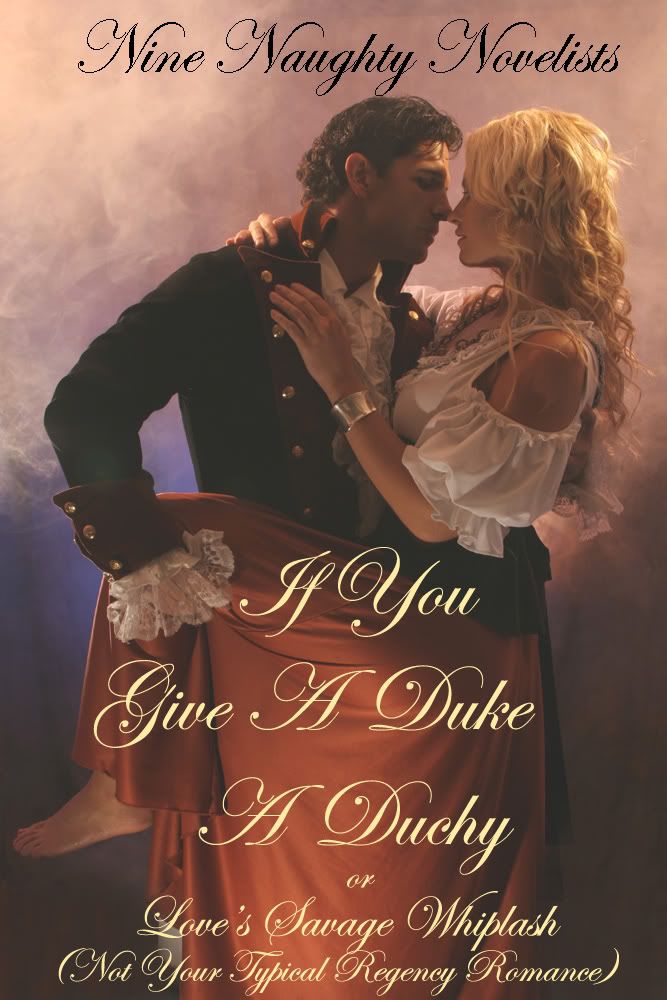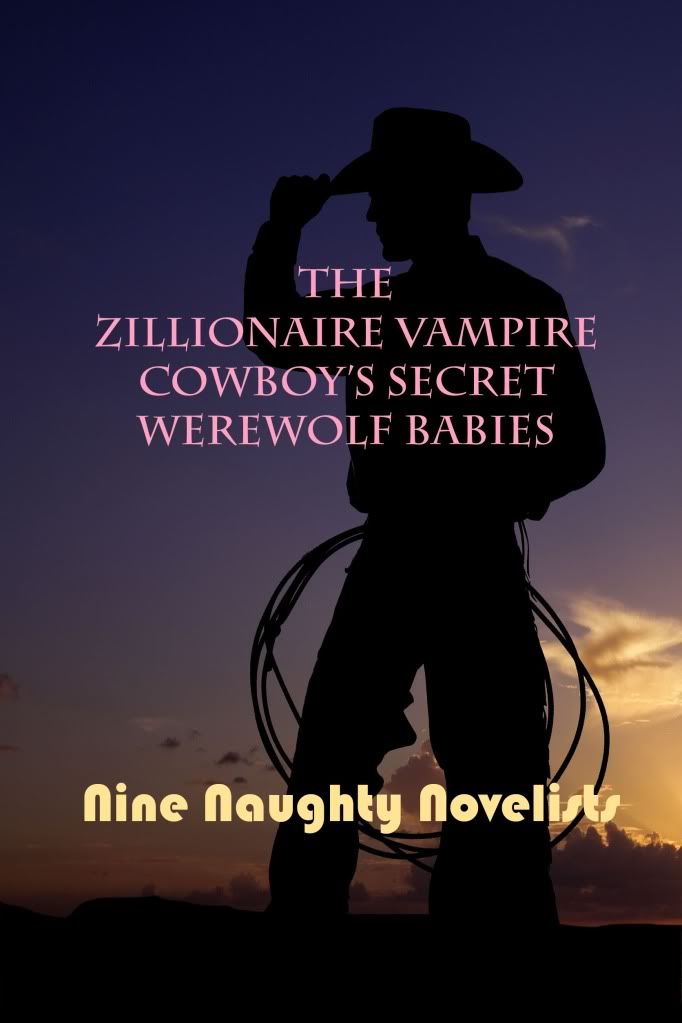
How do you feel about things being predictable?
Personally, I kind of like it.
For instance, I love the fact that when I play Bruce Springsteen’s Born to Run on the radio, both my kids will start dancing and singing. I love that every fall, as the high school football season starts, my husband starts grinning like a little kid. I love that if I order the Lemon Supreme Cake from Coffee Works I will take the first bite, actually close my eyes and say out loud, “this is awesome”.
Yeah, I kind of like predictability. If I put the song on and they just sat there it would be a major let down. If I ordered the cake and it sucked I'd be bummed.
Just like if I pick up a romance novel and its... not a romance novel. At least according to my definition.
Which is why I'm okay with some predictability in my writing. Now I don't mean that I want to write the same book over and over. But I know something about every book before I put even the first word on the page--I know where the story is going to go. Not to the extent that I will plot every twist and turn of a book (heaven forbid! ;)) but I certainly know where it’s going to end up. And where my stories end will always be the same—no matter the characters, no matter their back story, no matter the ups and downs I put them through—my stories will always be happily ever afters.
Which is why I love romances and look for very specific elements in the books I read. I realize that there is some debate over what the definition of a romance should be. But I know what it is for me. And I know how it feels if the book or author doesn’t deliver that for me. I’ve had authors I love fail to deliver. I’ve had books marketed as romances that don’t meet my definition. I’ve chosen books based on the blurb and the excerpt only to want to yell “false advertising!”. Those are really disappointing moments. Right up there with sucky lemon cake.
I love the happily ever after between the two (or three :)) lead characters.
I love knowing that the sexual tension is eventually going to lead to a hot love scene. Or two. Or three.
I love knowing that the hero will—eventually— do anything to make the heroine happy.
I love knowing that the heroine will–eventually—overcome her flaws and be a better person in the end.
I love when true love is proven to exist. Yet again.
My husband makes fun of me. Even my teenage daughter. “So this is the part where the hero realizes that the heroine didn’t really mean it and they kiss and make up…” Yeah, so what? I like it.
Recently a reader posted a comment about one of my books that got me thinking about this. Without going into detail, she basically wanted a different resolution. Well, the thing is, the resolution she suggested could have certainly worked. Her words were "more poignant". Yep, it would have been that.
But that resolution wasn't me. That’s not the kind of book I write. And I’m okay with readers learning that, knowing that, even counting on that.
So how do you feel about your books (writers or readers)? Do you love being surprised? Or do you count on your favorite author to deliver a book that you know will make you laugh, or lift you up, or teach you something or… whatever it is for you?


















6 comments:
Amen to the happily ever after in romance!
I can go both ways with being surprised. Having been a reader forever, it takes a lot from a book to surprise me as I'm usually a pretty good predicter. So I do love it when an author throws a twist in that I wasn't expecting. (Well, only when the twist turns out to be a good thing!)
However, I agree that with romance there are certain expectations, and as a reader I feel let down if those expectations aren't met. There's a formula to romance: readers and writers expect it. And they're NOT reading/writing the same book over and over again.
What I really love is when an author like Loretta Chase takes a convention (like the, sigh, Big Misunderstanding) and stands it on its ear. Not in a bad way, mind you. I like to see people play with conventions as long as I get my HEA!
I have a low threshold when it comes to uncertainty in fiction. Isn't there already enough of that in real life?
I read what I read (and I watch what TV shows/movies I watch for the same reasons) because I like the certainty of knowing things will all work out in the end.
Reading romance is a lot like vacationing in the same place each summer. There's all the joy of retracing familiar ground and all the anticipation of not knowing what will be new and different, what's changed since last time you were there.
This is so interesting and kind of reflects what Christina Dodd wrote in the last issue of RWR - that cliches exist because they work and they meet readers' expectations. Readers actually want the same story over and over again, just maybe with something new to spice it up or a little unexpected twist. It's why there are STILL so many secret baby stories!
I expect a romance to have a happy ending, but I love it if the author surprises me in how the characters get there. I don't even demand happily ever after, but at the very least, it should be happy for now and looking promising for the future.
I don't mind being surprised by a less-than-happy or ambiguous ending if the book doesn't claim to be a romance. Sometimes it's the only possible resolution for a particular plotline. I've read a number of urban fantasies and mysteries, for instance, in which saving the world or getting the bad guys ends up screwing up a promising relationship...leaving the hero/ine victorious, but alone In the real world, not all relationships work out, and sometimes reading about how they fail can be touching and fascinating. But if I'm picking up a romance, I want my schmoopy ending, thanks.
I like the ending to fit the story, so yes to Happy Ever After if that's what the story calls for, but in other cases Happy For Now or a bittersweet ending go much better with what's come before.
A skilled author should be able to flag that up to some extent from early on.
Post a Comment